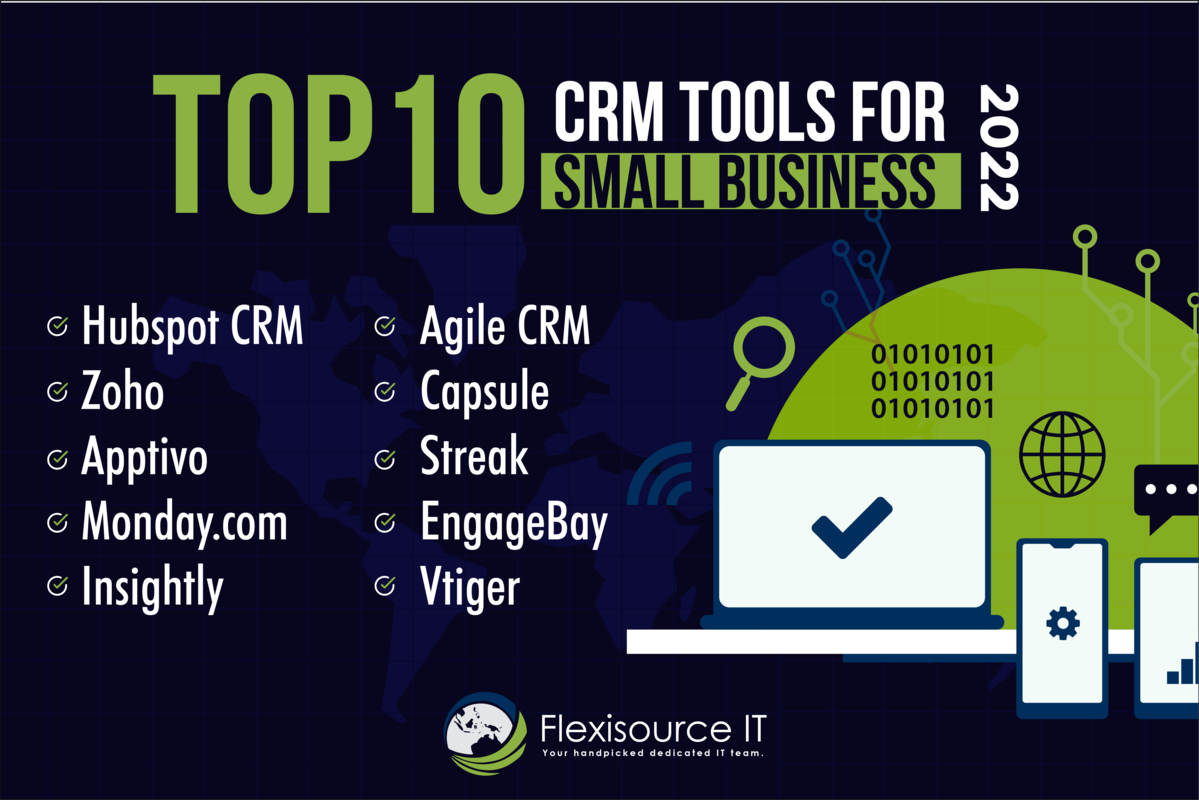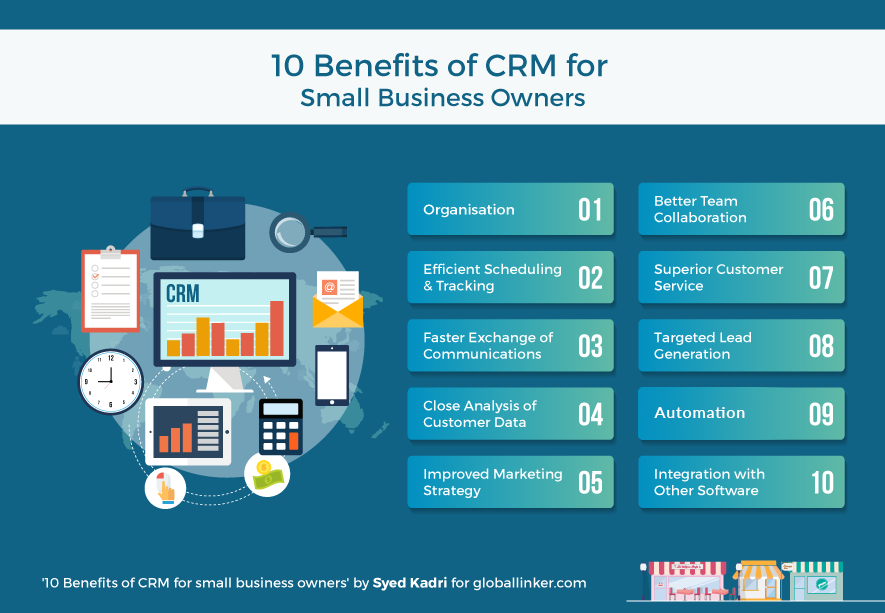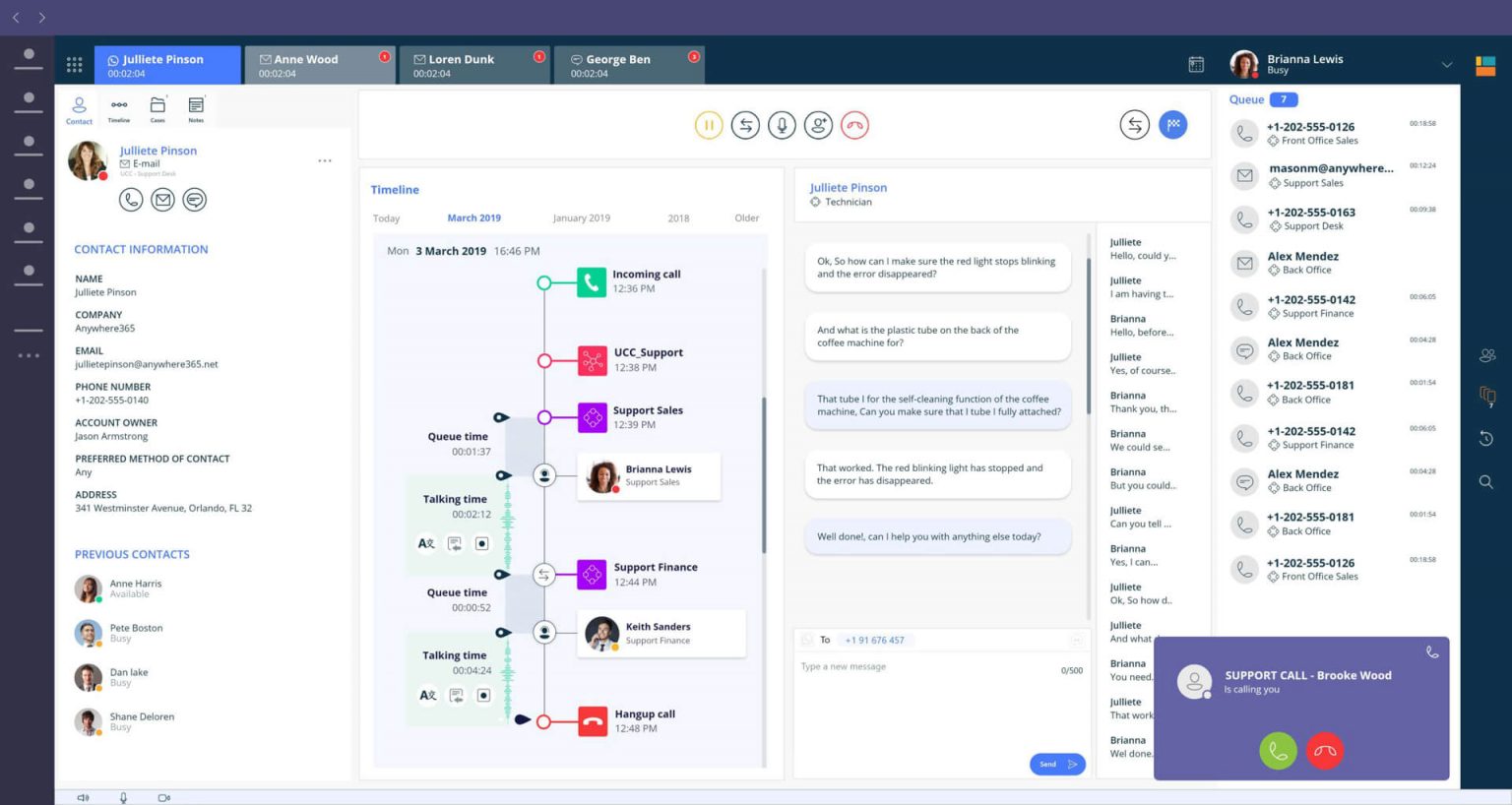CRM Marketing Trends 2025: Navigating the Future of Customer Relationships

CRM Marketing Trends 2025: Navigating the Future of Customer Relationships
The world of marketing is in constant flux, a dynamic environment shaped by technological advancements, evolving consumer behaviors, and the ever-present need for businesses to connect with their target audiences. Customer Relationship Management (CRM) systems have become indispensable tools in this landscape, acting as the central nervous system for managing customer interactions and data. As we approach 2025, the role of CRM in marketing is poised for a significant transformation, driven by emerging trends that promise to reshape how businesses engage with their customers. This article delves into the key CRM marketing trends expected to dominate the scene in 2025, providing insights into how businesses can prepare for and capitalize on these shifts.
The Rise of AI-Powered CRM
Artificial intelligence (AI) is no longer a futuristic concept; it’s a present-day reality, and its influence on CRM is profound. In 2025, we can anticipate an even deeper integration of AI into CRM systems, leading to:
- Predictive Analytics: AI algorithms will become increasingly sophisticated in predicting customer behavior. This includes forecasting purchase patterns, identifying potential churn risks, and suggesting personalized product recommendations. Marketers will leverage these insights to proactively engage customers, tailoring their messaging and offers to maximize impact.
- Hyper-Personalization: Forget generic marketing blasts. AI will enable hyper-personalization, allowing businesses to create highly customized experiences for each individual customer. This encompasses everything from personalized website content and email campaigns to dynamic product recommendations and tailored customer service interactions.
- Automated Marketing Workflows: AI will automate a broader range of marketing tasks, freeing up marketers to focus on strategy and creativity. This includes automated email sequences, social media posting, lead scoring, and even the creation of initial marketing content.
- Enhanced Chatbots and Virtual Assistants: AI-powered chatbots will become more advanced, providing instant and personalized customer support. These chatbots will be able to handle a wider range of inquiries, resolve issues, and even guide customers through the sales process.
The Convergence of CRM and Customer Data Platforms (CDPs)
Customer Data Platforms (CDPs) have emerged as powerful tools for consolidating customer data from various sources. In 2025, we’ll likely see a closer integration between CRM systems and CDPs, leading to a more holistic view of the customer. This convergence will offer several advantages:
- Unified Customer Profiles: CDPs will aggregate customer data from all available sources, creating a single, unified view of each customer. This will include data from CRM, website analytics, social media, email marketing, and other touchpoints.
- Improved Data Accuracy: CDPs will help cleanse and standardize customer data, ensuring that it’s accurate and reliable. This will reduce data errors and improve the quality of marketing insights.
- Enhanced Segmentation: With a more comprehensive view of the customer, marketers will be able to create more sophisticated customer segments. This will enable them to target specific groups with highly relevant messaging and offers.
- Real-time Personalization: The integration of CRM and CDPs will enable real-time personalization, allowing businesses to tailor customer experiences based on their current behavior and preferences.
The Growing Importance of Data Privacy and Security
As data breaches and privacy concerns continue to escalate, data privacy and security will be paramount in 2025. Businesses will need to prioritize the protection of customer data and adhere to strict privacy regulations. Key trends in this area include:
- Increased Data Encryption: CRM systems will employ advanced encryption techniques to protect customer data from unauthorized access.
- Compliance with Privacy Regulations: Businesses will need to comply with a growing number of privacy regulations, such as GDPR, CCPA, and others. This will require implementing robust data governance policies and procedures.
- Transparent Data Practices: Businesses will need to be transparent with customers about how their data is collected, used, and shared. This includes providing clear and concise privacy policies and obtaining explicit consent for data collection.
- Focus on Data Security: Investing in robust security measures to prevent data breaches will be critical. This includes implementing firewalls, intrusion detection systems, and regular security audits.
The Rise of Mobile-First CRM
Mobile devices have become an integral part of our lives, and customers increasingly expect to interact with businesses on their smartphones and tablets. In 2025, mobile-first CRM will be essential for engaging with customers effectively. This includes:
- Mobile-Optimized CRM Interfaces: CRM systems will be designed with mobile users in mind, providing a seamless and intuitive experience on smartphones and tablets.
- Mobile CRM Apps: Businesses will need to provide dedicated mobile CRM apps that allow sales and marketing teams to access customer data, manage leads, and track performance on the go.
- Mobile-First Marketing Campaigns: Marketing campaigns will be designed with mobile users in mind, utilizing responsive design, mobile-optimized content, and push notifications.
- Location-Based Marketing: CRM systems will leverage location data to deliver targeted marketing messages to customers based on their physical location.
The Evolution of Social CRM
Social media continues to play a significant role in customer interactions, and social CRM will become even more important in 2025. This involves integrating social media data into CRM systems to gain a deeper understanding of customer behavior and preferences. Key trends in this area include:
- Social Listening: CRM systems will incorporate social listening tools to monitor social media conversations and identify customer sentiment, brand mentions, and potential issues.
- Social Media Integration: Businesses will integrate their CRM systems with social media platforms to manage social media interactions, respond to customer inquiries, and track social media performance.
- Influencer Marketing: CRM systems will be used to identify and manage influencer marketing campaigns, allowing businesses to track the performance of their influencer partnerships.
- Personalized Social Media Engagement: Marketers will leverage CRM data to personalize their social media interactions, tailoring their messaging and content to individual customer preferences.
The Human Touch: Balancing Automation with Personalization
While automation and AI will play a crucial role in CRM in 2025, it’s important to remember the human element. Customers still crave authentic interactions and a sense of connection. Businesses that can balance automation with personalization will be the most successful. This means:
- Empowering Customer Service Representatives: Providing customer service representatives with the tools and information they need to provide personalized support.
- Training Employees on Soft Skills: Training employees on communication, empathy, and active listening to enhance customer interactions.
- Creating a Customer-Centric Culture: Fostering a company culture that puts the customer first and values their feedback.
- Using Automation to Enhance, Not Replace, Human Interaction: Leveraging automation to handle routine tasks and free up employees to focus on more complex customer interactions.
The Impact of Sustainability and Ethical Considerations
Consumers are increasingly aware of environmental and social issues, and businesses will need to consider sustainability and ethical practices in their CRM strategies. This includes:
- Environmentally Friendly Practices: Implementing environmentally friendly practices, such as reducing paper usage and minimizing waste.
- Ethical Data Practices: Ensuring that data is collected and used ethically, with a focus on transparency and customer privacy.
- Socially Responsible Marketing: Supporting social causes and aligning marketing campaigns with the values of the target audience.
- Measuring and Reporting on Sustainability Efforts: Tracking and reporting on sustainability efforts to demonstrate a commitment to environmental and social responsibility.
The Role of CRM in the Metaverse
The metaverse, a network of 3D virtual worlds, is poised to revolutionize how we interact with each other and with businesses. CRM will play a crucial role in the metaverse, enabling businesses to:
- Create Immersive Customer Experiences: Develop immersive customer experiences within the metaverse, such as virtual stores, product demonstrations, and interactive events.
- Collect Data on Customer Behavior in the Metaverse: Track customer behavior in the metaverse to gain insights into their preferences and interests.
- Personalize Customer Interactions in the Metaverse: Personalize customer interactions in the metaverse, tailoring their experiences to their individual needs.
- Build Virtual Communities: Build virtual communities within the metaverse to foster customer engagement and loyalty.
Preparing for the Future of CRM Marketing
To thrive in the evolving landscape of CRM marketing in 2025, businesses need to take proactive steps to prepare for the future. This includes:
- Investing in AI and Automation: Investing in AI-powered CRM systems and automating marketing tasks to improve efficiency and personalize customer experiences.
- Prioritizing Data Privacy and Security: Implementing robust data privacy and security measures to protect customer data and comply with privacy regulations.
- Embracing Mobile-First Strategies: Developing mobile-first CRM strategies to engage with customers on their preferred devices.
- Integrating Social Media into CRM: Integrating social media data into CRM systems to gain a deeper understanding of customer behavior.
- Building a Customer-Centric Culture: Fostering a customer-centric culture that values customer feedback and prioritizes personalized interactions.
- Staying Informed: Keeping abreast of the latest CRM marketing trends and adapting strategies accordingly.
- Training and Development: Providing employees with the training and development they need to succeed in a changing CRM environment.
Conclusion
The future of CRM marketing in 2025 is bright, filled with opportunities for businesses that are willing to embrace change and adapt to the evolving needs of their customers. By understanding and preparing for the key trends discussed in this article, businesses can position themselves for success in the years to come. From AI-powered personalization to mobile-first strategies and the integration of social media, the landscape of CRM marketing is transforming. By staying informed, investing in the right technologies, and prioritizing the customer experience, businesses can build stronger relationships with their customers and achieve sustainable growth. The key is to not only adopt these trends but to integrate them seamlessly, ensuring that technology serves the ultimate goal: fostering meaningful connections and driving customer loyalty in an ever-changing world.




